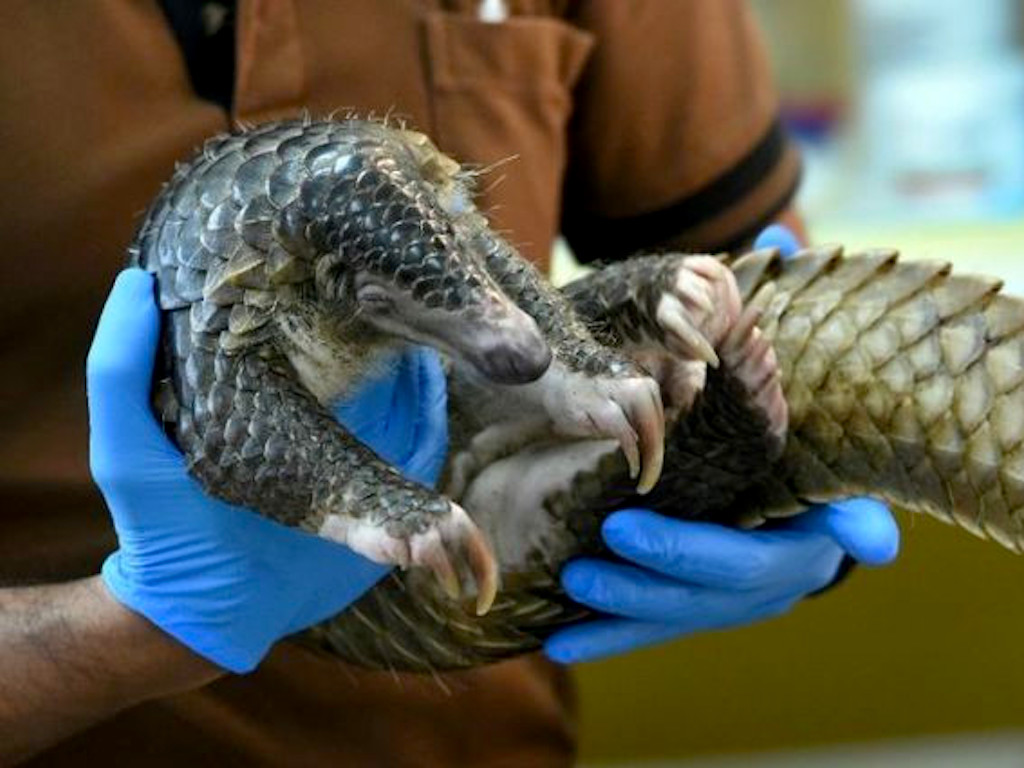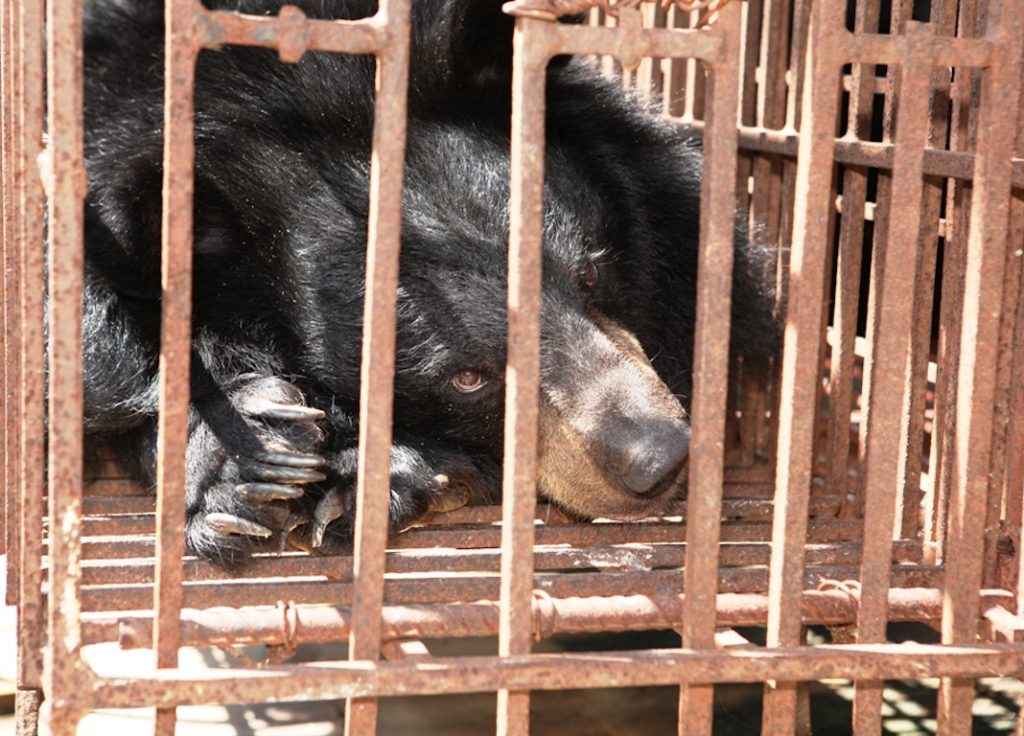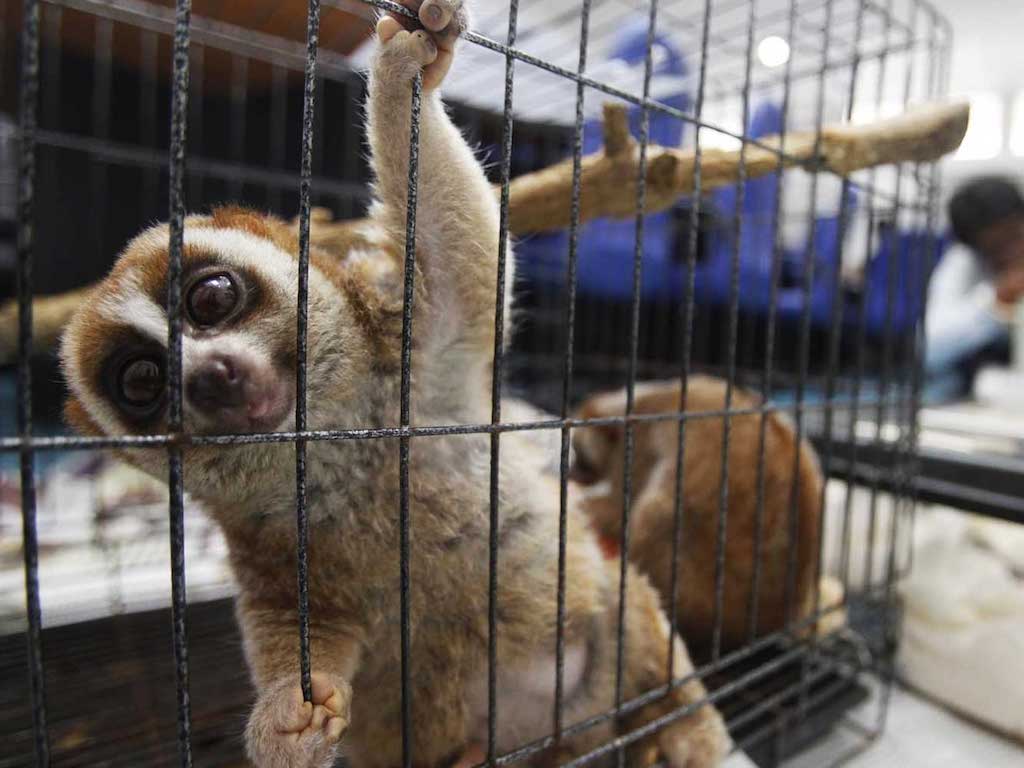3 Mins Read
During the height of the coronavirus pandemic, Vietnam made headlines for its proposal in March to ban the trade and consumption of wildlife by April 1. But there has since been almost no updates about the proposed regulations, and conservationists are worried that the government is no longer prioritising the wildlife ban as the pandemic begins to ease in the region.
In March, Vietnam’s prime minister Nguyen Xuan Phuc requested draft legislation to prohibit the wildlife industry, and set the deadline for the policy on April 1. But since the move was made public in March, conservationists say there has yet to be any additional information about the planned legislation.
Conservationists are now concerned that Vietnam’s relatively successful containment of the coronavirus outbreak has led to the government’s relaxing over wildlife regulations, and are submitting a letter to press the authorities on the issue.
Hong Hoang, the founder and director of environmental nonprofit CHANGE Vietnam, said: “The prime minister’s directive now seems to be just a beautiful dream.”

Since March, Vietnam has seen no community transmission reported in over a month, leading to the gradual reopening of schools, businesses and tourism.
Experts largely agree that the coronavirus originated in bats, and was transmitted to an intermediary host animal – likely an illegally traded wild animal – before jumping onto and infecting humans, causing the outbreak.
Some previous studies have suggested that pangolins were a potential host for the virus. They are the world’s most trafficked animal and are illegally traded across China and Vietnam for its scales, an ingredient believed to be beneficial in traditional Chinese medicine, and for its meat as well.
Vietnam’s wildlife trade, which includes pangolin scales and meat as well as sea turtle shells, tiger bones and bear bile, is estimated to be worth at least US$1 billion. Conservation and program development director at WWF Vietnam, Benjamin Rawson, says that the government must shut this industry down in order to mitigate the risk of future disease outbreaks.
“The prime minister’s directive needs to mitigate risk of future viral epidemics both through improved enforcement of existing laws and effective judicial penalties for those who break them, but also through serious assessment of risk in relation to wildlife farms,” Rawson said.
So far, China is the only country to have implemented a nationwide ban on its US$74 billion wildlife industry in response to the pandemic, with individual local authorities enacting its own laws to follow the central government’s move. Wuhan, the initial epicenter of the coronavirus outbreak, was the most recent city to enforce the law, after similar moves in other hubs such as Shenzhen, which also decided to ban eating dog and cat meat.
But even so, experts remain cautious about its efficacy, pointing out that there are clear loopholes in the law for “non-food” purposes such as medicine and fur.

The Chinese health authorities have also issued contradictory advice promoting the use of a traditional Chinese medicine that contains bear bile, which has no proven effectiveness to fight the coronavirus.
These exemptions for non-food purposes and medicinal uses of wildlife means that e-commerce companies are finding it difficult to ensure compliance to the ban. Wildlife products that are falsely advertised for traditional medicinal uses online often slip through the net.
Failing to fully crack down on the wildlife trade for all purposes will make it difficult to eliminate the risk of another public health threat, the inhumane practices of the trade and the major ecological disturbances it is responsible for.
Read our earlier news coverage of Covid-19 here.
Lead image courtesy of Thanarak Khunton / Bangkok Post.




